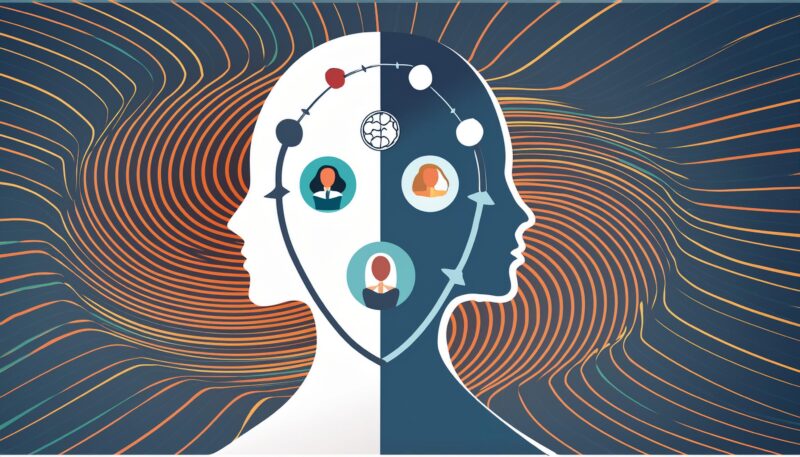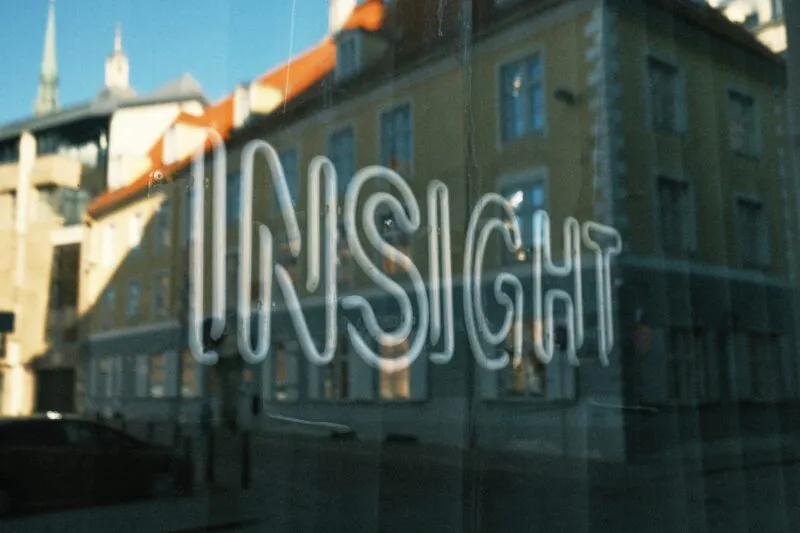The Critical Role of Evolving Societal Rules in Business Innovation
In today’s dynamic world, the ‘rules’ governing society are in a state of constant flux. These rules, which span demographic shifts, technological advancements, geographic changes, and cultural dynamics, create both challenges and opportunities for businesses. Companies that proactively exploit these evolving norms can drive significant advancements in product innovation, new market entry, customer satisfaction, and brand growth. Innovation front-runners, rather than laggards awaiting new norms to be proven, often leverage the gaps between evolving rules and existing laws to stay ahead. Understanding and harnessing these societal changes is essential for fostering innovation and growth.
Demographic Changes and Market Opportunities:
Demographic changes such as aging populations and increasing diversity significantly influence consumer behaviour and preferences. For example health monitoring devices by Philips and Fitbit help older adults track their health metrics and receive timely medical assistance, promoting independence and security, while Fenty Beauty’s launch of 40 foundation shades addressed a significant gap in the beauty market, catering to a broad range of skin tones and setting a new industry standard for inclusivity.
Understanding these shifts allows businesses to innovate and cater to emerging needs.
Technological Advancements and Consumer Expectations
Technological advancements redefine consumer expectations and create opportunities for businesses to innovate. Examples include Amazon’s AI-powered recommendation engine that personalises the shopping experience by analysing customer behaviour and suggesting tailored products, and IKEA’s AR app, IKEA Place, which allows customers to visualise furniture in their homes before purchase.
Geographic Changes and Global Market Expansion
Geographic shifts, such as urbanisation and the economic rise of emerging markets, present both challenges and opportunities for businesses. Examples include companies like Siemens and Cisco who have developed IoT-enabled infrastructure, such as smart traffic management systems, to improve urban living conditions. Companies like Starbucks in China, tailor their offerings to local tastes and cultural preferences, facilitating successful market entry and driving growth.
Cultural Dynamics and Brand Growth
Cultural shifts influence consumer values and expectations, providing opportunities for businesses to strengthen their brand and enhance customer loyalty. This can look like corporate social responsibility (Patagonia donating a portion of its profits to environmental causes), or on-demand services like Uber and Airbnb, that cater to the modern demand for flexible, on-demand services.
Evolving Societal Norms in Music, Shopping, and Experiences
Societal norms and etiquette are evolving, particularly in how different age groups consume music, shop, and engage in experiences. What seems right for one segment may be wrong for another, creating both friction and opportunity for change. For example the shift in music consumption to streaming services for the younger generation has driven the music industry to innovate in subscription models and personalised playlists. Shopping habits have also evolved with e-commerce – prompting retailers to create integrated online and offline shopping experiences.
Framework for Leveraging Evolving Societal Rules
To effectively navigate and capitalise on changing societal rules, businesses can adopt the following framework:
- Monitor Societal Trends:
– Stay informed about demographic, technological, geographic, and cultural shifts through market research, industry reports, and news outlets.
- Engage with Stakeholders:
– Regularly consult with customers, employees, and industry experts to gain insights into emerging trends and changing expectations.
- Leverage Data Analytics:
– Use data analytics to track consumer behaviour and preferences. Analysing patterns can help identify emerging opportunities and potential areas for innovation.
- Collaborate with Innovators:
– Partner with startups, tech firms, and academic institutions to stay at the forefront of technological advancements and innovative practices.
- Adapt and Experiment:
– Be willing to adapt business models and experiment with new ideas. Pilot programs and test markets can provide valuable feedback and guide larger-scale implementations.
- Engage in Policy Advocacy:
– Work with policymakers to shape regulations that support innovation while protecting societal interests. Active engagement can help align business practices with evolving legal frameworks.
Evolving societal rules and norms are critical drivers of business innovation. By understanding and leveraging demographic shifts, technological advancements, geographic changes, and cultural dynamics, companies can achieve significant growth in product development, market entry, customer satisfaction, and brand loyalty. Using a framework that includes monitoring trends, engaging stakeholders, leveraging data analytics, collaborating with innovators, adapting business models, and engaging in policy advocacy, businesses can navigate and capitalise on these changing societal rules. The specific examples provided illustrate how companies can successfully exploit these evolving rules to stay ahead of the curve and contribute to the ongoing transformation of society, demonstrating that adaptability and proactive engagement are essential for modern business success.




